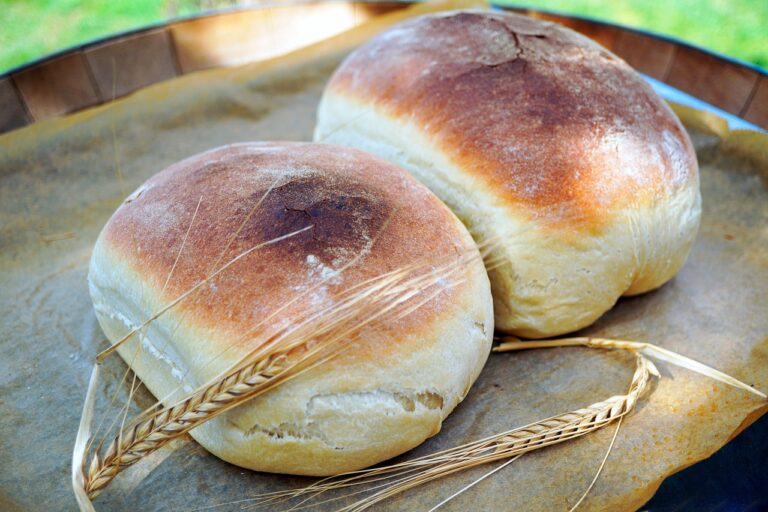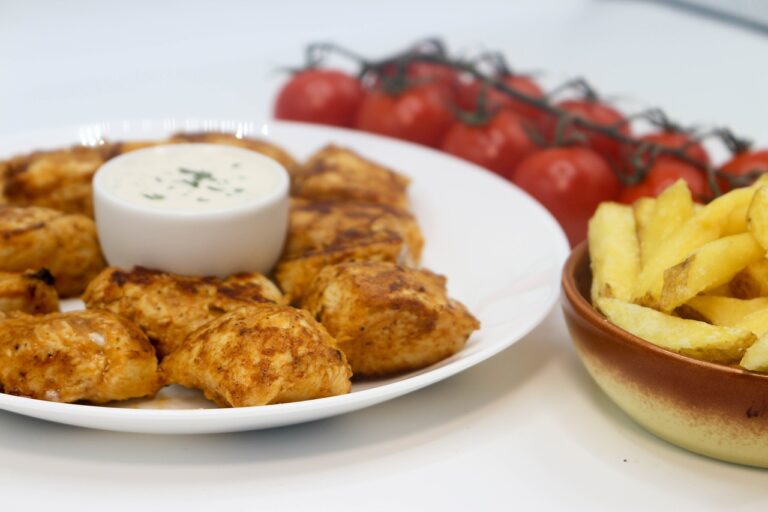Top Olive Oil Producers in the World: A Market Overview: 11xplay reddy, Laser 247 betting, Skylivecasino
11xplay reddy, laser 247 betting, skylivecasino: Imagine a world without olive oil – no flavorful drizzle on top of your salad, no velvety base for your pasta sauce, no essential ingredient in Mediterranean cuisine. It’s hard to fathom, right? That’s because olive oil is not just a cooking staple; it’s a global commodity with a rich history and a thriving market.
In this blog post, we’ll take a deep dive into the world of olive oil production, exploring the top producers and key players in the industry. From Spain to Italy to Greece, we’ll uncover the secrets behind the world’s largest olive oil markets and why they continue to dominate the industry.
The Global Olive Oil Market
The global olive oil market is a lucrative and competitive industry, driven by consumer demand for healthy and flavorful cooking oils. According to a report by Research and Markets, the global olive oil market is expected to reach $16.5 billion by 2026, with a compound annual growth rate of 3.1%.
Spain: The King of Olive Oil Production
When it comes to olive oil production, Spain reigns supreme. As the largest producer of olive oil in the world, Spain accounts for over 40% of global production. The country’s ideal climate and fertile soil make it the perfect environment for olive cultivation, resulting in high-quality olive oil that is exported worldwide.
Andalusia, in southern Spain, is the heart of the country’s olive oil production, home to vast olive groves that stretch as far as the eye can see. Spanish olive oil is known for its fruity flavor, mild bitterness, and golden color, making it a favorite among chefs and home cooks alike.
Italy: Quality Over Quantity
Italy may not produce as much olive oil as Spain, but it is renowned for its high-quality extra virgin olive oil. Italian olive oil is prized for its rich, robust flavor and low acidity, making it a favorite choice for dipping bread, drizzling over salads, and finishing off pasta dishes.
Tuscany, in central Italy, is one of the country’s premier olive oil regions, known for its premium extra virgin olive oils made from indigenous olive varieties such as Frantoio, Leccino, and Pendolino. Italian olive oil producers take great pride in their craft, adhering to strict quality standards to ensure that each bottle of olive oil meets their exacting standards.
Greece: The Birthplace of Olive Oil
Greece has a long and storied history of olive oil production, dating back thousands of years to ancient times. Greek olive oil is characterized by its peppery flavor, green color, and distinctive aroma, reflecting the country’s rich olive-growing heritage.
Crete, in southern Greece, is the largest olive oil-producing region in the country, known for its top-quality extra virgin olive oils made from indigenous olive varieties like Koroneiki and Kalamata. Greek olive oil producers prioritize quality over quantity, focusing on traditional cultivation methods and sustainable practices to produce some of the finest olive oils in the world.
Other Key Players in the Olive Oil Market
While Spain, Italy, and Greece dominate the global olive oil market, there are other key players worth mentioning. Countries like Turkey, Tunisia, and Morocco are significant olive oil producers, each with their own unique olive oil varieties and flavor profiles.
Turkey, located at the crossroads of Europe and Asia, produces a wide range of olive oils, from fruity and delicate to robust and peppery. Turkish olive oil is gaining recognition for its quality and diversity, appealing to consumers looking for something different in the olive oil market.
Tunisia, in North Africa, is one of the largest olive oil producers outside of Europe, known for its high-quality extra virgin olive oils made from the Chemlali and Chetoui olive varieties. Tunisian olive oil is prized for its fruity flavor, balanced bitterness, and versatility in cooking and baking.
Morocco, also in North Africa, is an up-and-coming player in the olive oil market, producing a range of olive oils that appeal to discerning consumers. Moroccan olive oil is known for its delicate flavor, golden color, and smooth finish, making it a popular choice for salads, marinades, and dressings.
FAQs
Q: What is the difference between extra virgin olive oil and regular olive oil?
A: Extra virgin olive oil is made from the first pressing of olives, resulting in a high-quality oil with superior taste and aroma. Regular olive oil, on the other hand, is a blend of refined olive oil and virgin olive oil, making it less flavorful and aromatic.
Q: How should I store olive oil to maintain its freshness?
A: Olive oil should be stored in a cool, dark place away from heat and light to prevent oxidation. Make sure to seal the bottle tightly after each use and use it within a few months for the best flavor.
Q: Can I use olive oil for frying and baking?
A: Olive oil has a high smoke point, making it suitable for frying and baking at moderate temperatures. Extra virgin olive oil is best used for drizzling and finishing dishes, while regular olive oil is more versatile for cooking and baking.
Q: Is olive oil healthy for you?
A: Yes, olive oil is rich in monounsaturated fats, antioxidants, and vitamins, making it a heart-healthy choice for cooking and eating. It has been linked to various health benefits, including reduced inflammation, improved cholesterol levels, and better overall well-being.
In conclusion, the global olive oil market is a dynamic and diverse industry, driven by consumer demand for high-quality, flavorful cooking oils. From Spain to Italy to Greece, the world’s top olive oil producers continue to set the standard for excellence in olive oil production, delivering a wide range of olive oil varieties and flavors to satisfy every palate. Whether you’re a gourmet chef or a home cook, olive oil is an essential ingredient that adds richness, depth, and complexity to your dishes, making every meal a culinary delight.







